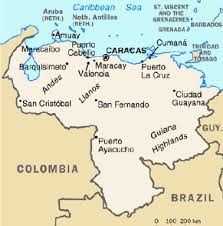Spying Charge Brought Against Geographic Reporter in Sudan

On assignment for National Geographic magazine in Africa, U.S. journalist Paul Salopek was charged with espionage and other crimes today by a Sudanese court—charges that could land him in prison for years.
The Pulitzer Prize-winning correspondent had been reporting on the Sahel—the semi-arid southern fringe of the Sahara that stretches nearly the width of Africa. Three weeks ago Sudanese forces in Darfur Province captured him and his driver and interpreter, who are both from neighboring Chad.
At the time of his arrest, Salopek, who is on leave from the Chicago Tribune, had been carrying publicly available maps of Darfur and two United States passports, which Sudanese officials consider indications that he was spying, according to sources close to the investigation.
Traveling with multiple passports is legal and even common among reporters looking to shuttle among several countries without arousing suspicion.
"As one who has worked in Africa for more than 15 years, I have two passports," said Chris Johns, Editor in Chief and photographer for National Geographic magazine.
"There are many reasons for that. For example, during apartheid days, if I needed to cover South Africa, it was not in my best interest [when entering black-controlled African countries] to have a South Africa stamp in my passport," said Johns, speaking from his home in Virginia.
He added that the charges against Salopek are "false."
Repeatedly extolling the 44-year-old reporter's integrity, skill, and professionalism, Johns said Salopek "would never in any circumstances be involved in espionage. He is not a spy."
Similar sentiments came today from Tribune Editor Ann Marie Lipinski. "Our colleague and dear friend, Paul Salopek, is one of the most accomplished and admired journalists of our time. He is not a spy," she said in a statement.
READ MORE.....







